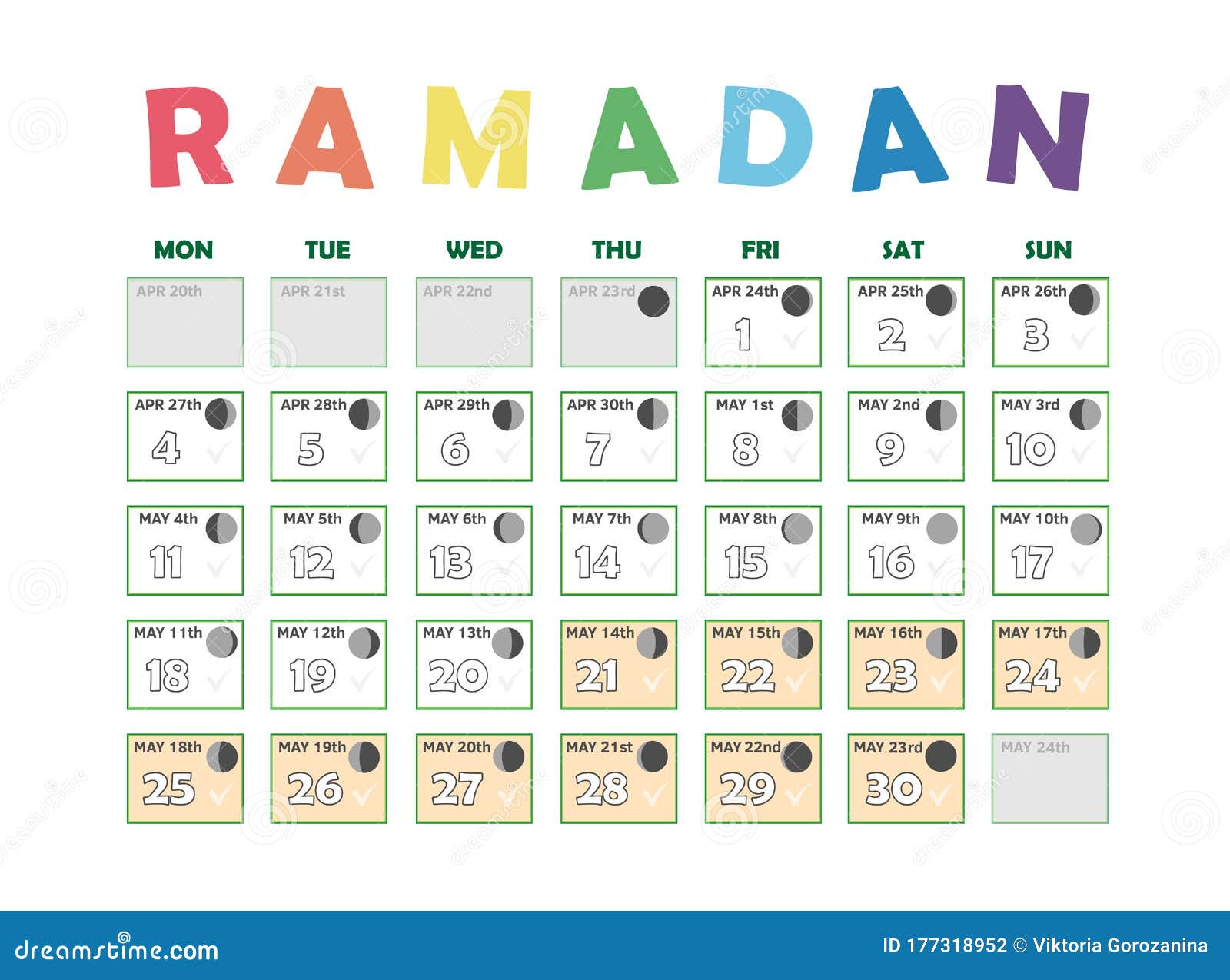
They are: Muharram, Safar, Rabi Al-Awwal, Rabi al Akhir, Jamadi Al Awwal, Jamadi Al Akhirah, Rajab, Sha'ban, Ramadan, Shawwal, Thul Qa’dah and Thul Hijjah. The Islamic year consists of 12 (lunar) months. And this chronological study is possible only by adopting the Hijra calendar to indicate the year and the lunar month in line with our cherished traditions. But our calculations in the Gregorian calendar keep us away from those events and happenings, which are pregnant with admonitory lessons and instructions. All the events of Islamic history, especially those which took place during the life of the Noble Prophet and afterwards, are quoted in the Hijra calendar era. The Islamic year reminds Muslims every year not of the pomp and glory of Islam but of its sacrifice, and prepares them to do the same. Almighty Allah wanted to teach man that struggle between Truth and Evil is eternal!" It starts with Hijra, or the sacrifice for the cause of Truth and for the preservation of the Revelation. It has a much deeper religious and historical significance.Īs an Islamic scholar wrote on the advent of the 15th century of the Hijra calendar 22 years ago, "It (the advent of the 15th century) is indeed a unique occasion to ponder that the Islamic Era did not start with the victories of Islamic wars, nor with the birth or death of the Prophet nor even with the Revelation of the Holy Quran itself. To Muslims, the Hijra calendar is not just a sentimental system of time reckoning and dating important religious events, e.g. It led to the foundation of the first Muslim city-state, a turning point in Islamic and world history. The Hijra is the central historical event of early Islam. Muharram 1, 1 AH, corresponds to July 15, 622CE. The Islamic calendar is usually abbreviated AH in Western languages from the Latinized Anno Hegirae. The actual starting date for the calendar was chosen (on the basis of purely lunar years, counting backwards) to be the first day of Muharram, the first month of the year of the Hijra. It was finally agreed that the most appropriate reference point for the Islamic calendar was the Hijra.

Umar, may Allah be pleased with him, consulted his advisers on the starting date of the new Muslim chronology. He did it in an attempt to rationalize the various, at times conflicting, dating systems used during his time. The Islamic calendar, which is based purely on lunar cycles, was introduced in 638 Christian Era (CE) by Umar ibn Al Khattab, a close companion of the Noble Prophet and the second Caliph of Islam. It also points to one of the most significant events in the Islamic history, i.e., the Hijra (Divinely ordained migration) of Muhammad the Prophet of Islam, from Makkah to Madeenah, nearly 1435 years ago. Click on these beautiful images & start exploring the theme/value behind it.The first of Muharram marks the beginning of the new Islamic, or Hijra year. We feature each theme with a beautiful image. Our themes mostly focus on the universal values such as compassion, patience, love and so on. We created it for only one thing in mind to create a peaceful corner that features just inspiring and uplifting material, focused around Universal Values to be reflect upon - at a time never needed more desperately than nowĮvery other Friday, we try to feature a new theme which will uplift our spirituality.

Values section on the other hand is very special. Life section is all about Society, Art, Culture, History, Sports, Food, Music and much more. It covers day to day World Affairs, Politics & News. This section is more for the technologically minded. Science section features not just Science but also Nature and Technology. Due to overwhelming content, each of these hubs can be considered a home page of its own.įaith is where the tenets, pillars and spiruality related content is found. It makes us a community.Įverything under IslamiCity is categorized under the major hubs you see in this panel.

We'd love it if your icon is always green. If you see a green icon like this ( ), it means you're already logged in!īut if you see, a red iconlike this ( ), it means you are NOT logged in. If you need a Login or Registeration, this is your starting point. Here, you will also find the links to the most visited sections of IslamiCity, such as Prayer times, Hijri Converter, Phonetic Search, Quran Section, IslamiCity Bazar and more. Here, you will find quick shortcuts to major topics & hubs under IslamiCity. Topics menu will always be here, always within reach. We prepared this quick tour to help you get familiar with the new design so you find your way around the new site much quicker.


 0 kommentar(er)
0 kommentar(er)
